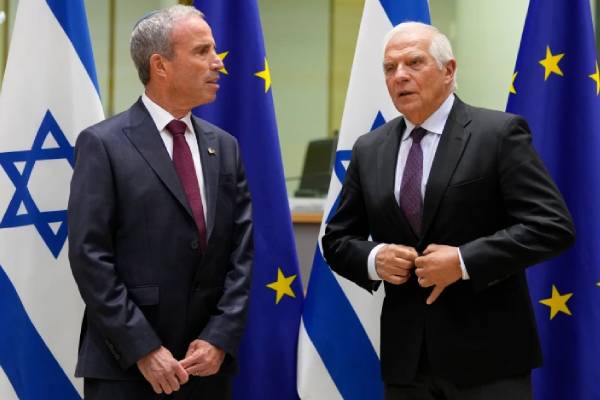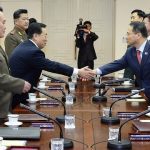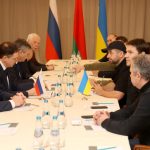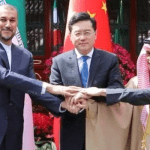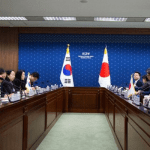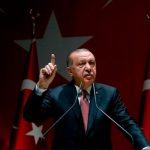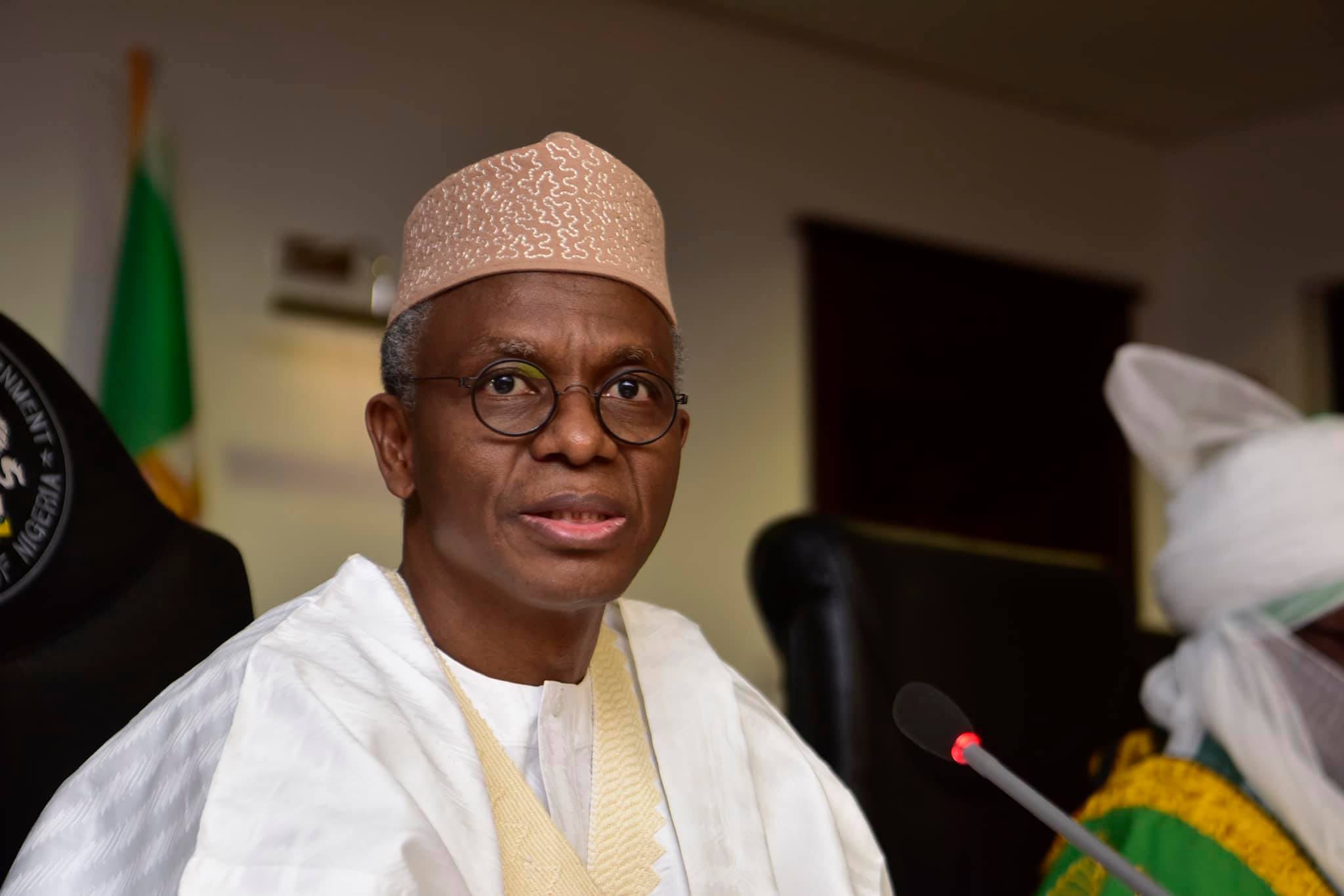The European Union, EU, and Israel have held high-level talks for the first time in 10 years, with the bloc keen to press Israeli Prime Minister Yair Lapid on how to put in place a two-state solution to the conflict with the Palestinians.
EU foreign policy chief Josep Borrell told Monday’s “Association Council” meeting that he was “encouraged” by recent support for such an outcome from Lapid, who took part in the talks by video conference.
“This is also what we want to push for. We want the resumption of a political process that can lead to a two-state solution and a comprehensive regional peace,” Borrell said. “We have to explore how we can put this into practice.”
Monday’s meeting marked the first of its kind between the two sides since July 2012. But while talks have resumed, the prospects for peace look slim.
Israel’s military occupation of the West Bank is now in its 55th year. The last real peace talks ended in 2009, and critics say growing Israeli settlements in the West Bank and elsewhere undermine any hopes for a two-state solution.
Borrell warned the EU was “concerned about the continued tensions and violence on the ground and the continuation of unilateral measures, such as settlement expansion, and the security issues”.
“This year is the year in which there has been the highest number of Palestinian deaths since 2007, and the forced transfers continue,” he added.
The Palestinians seek all of the occupied West Bank along with Israeli-annexed east Jerusalem and the Gaza Strip, controlled by the Palestinian group Hamas, for a future state.
At the UN General Assembly last month, Palestinian President Mahmoud Abbas said that “our confidence in achieving a peace based on justice and international law is waning, due to the Israeli occupation policies”.
He accused Israel of continuing to pursue a “frantic campaign to confiscate our lands” and said the country’s military were “killing the Palestinian people in broad daylight” with impunity.
Abbas’s speech came a day after Lapid himself addressed the UN General Assembly, telling the meeting he supported a two-state solution and calling on Muslim nations to recognise and make peace with Israel.

